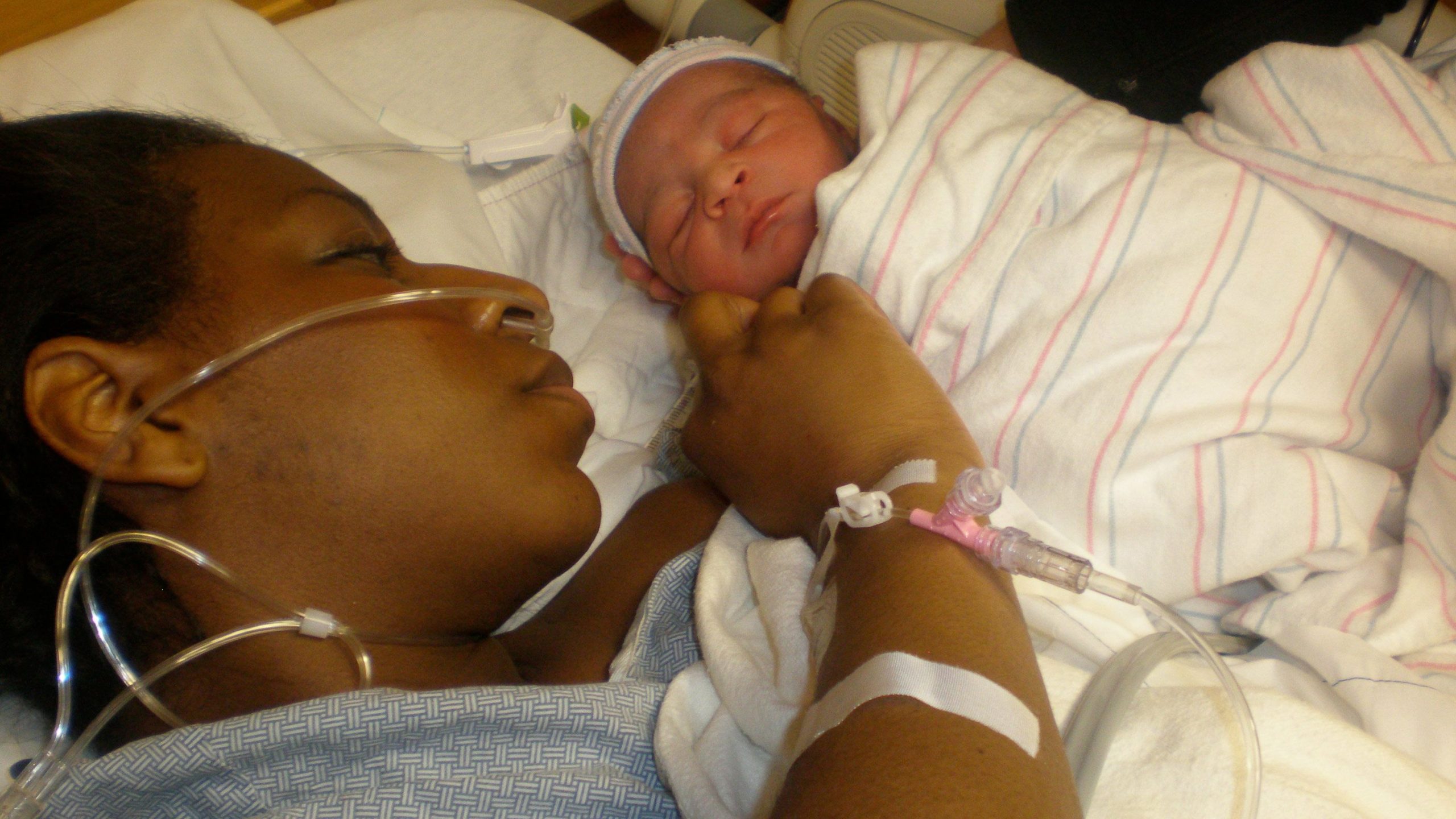Renowned Nigerian Obstetrics and Gynecology Professor, Hadiza Galadanci, is spearheading groundbreaking innovations in the treatment of Postpartum Hemorrhage (PPH), a condition characterized by excessive bleeding after childbirth. Her research aims to save two million lives by 2030, addressing global maternal and child mortality challenges.
Galadanci, the first female Professor of Gynecology in northern Nigeria, has garnered international recognition from the Bill and Melinda Gates Foundation for her pioneering contributions to maternal and newborn health and mortality reduction.
Speaking at the United Nations headquarters in New York during the Sustainable Development Goals (SDGs) event, held as part of the 78th session of the UN General Assembly, she emphasized her role as a medical researcher in saving lives and presented her innovations.
Her groundbreaking innovations include a calibrated obstetric drape utilized in the E-MOTIVE study to detect excessive blood loss and a 15-minute IV iron infusion for the treatment of severe anemia in pregnant women.
Galadanci explained her motivation for this transformative work:
“I could save one or two lives at a time as an obstetrician, but I could save 100,000 lives by becoming a medical researcher, so I decided to focus my research on areas that affect the lives of women, such as PPH.”
Postpartum hemorrhage is the leading cause of maternal deaths worldwide, affecting approximately 14 million women annually, with roughly 70,000 fatalities.
In the E-MOTIVE study, Galadanci discovered that half of women experiencing PPH were not diagnosed due to healthcare workers struggling to determine when excessive blood loss occurred.
Her innovation involves a simple drape placed at the bedside, enabling quick and precise measurement of collected blood. In a busy labor ward, this innovation can be the critical difference between life and death.
Galadanci’s research also revealed that the standard treatment for identified PPH, including uterine massage, oxytocic drugs, tranexamic acid, IV fluids, and genital tract examination, was often administered sequentially over several hours. To address this, she proposed bundling these interventions, delivering all five simultaneously, resulting in a 60% reduction in severe bleeding cases.
She emphasized the life-saving potential of these straightforward changes and envisioned a world where these treatments were readily available in every clinic, labor ward, and hospital, saving countless mothers’ lives.
Galadanci’s personal experiences and witnessing the devastating loss of lives due to excessive bleeding during childbirth, including her cousin’s tragic experience, have been powerful motivators for her work. She shared the harrowing story of her cousin, who faced severe bleeding during her fourth pregnancy:
“I’ve seen women, wishing the death of their children to save them from the cycle of pain and poverty, they had to endure themselves. These women are my neighbors, they’re my friends and even my family.”
In recounting her cousin’s experience, Galadanci described the terrifying moment when she entered the labor ward and found her cousin in distress, bleeding profusely. Despite her professional expertise, she faced an incredibly challenging situation. Her cousin’s life hung in the balance, and Galadanci had to perform a hysterectomy and a blood transfusion to save her.
Galadanci concluded by highlighting the inequality in access to life-saving medical care, stressing the importance of her research in addressing this pressing issue and saving countless lives.




